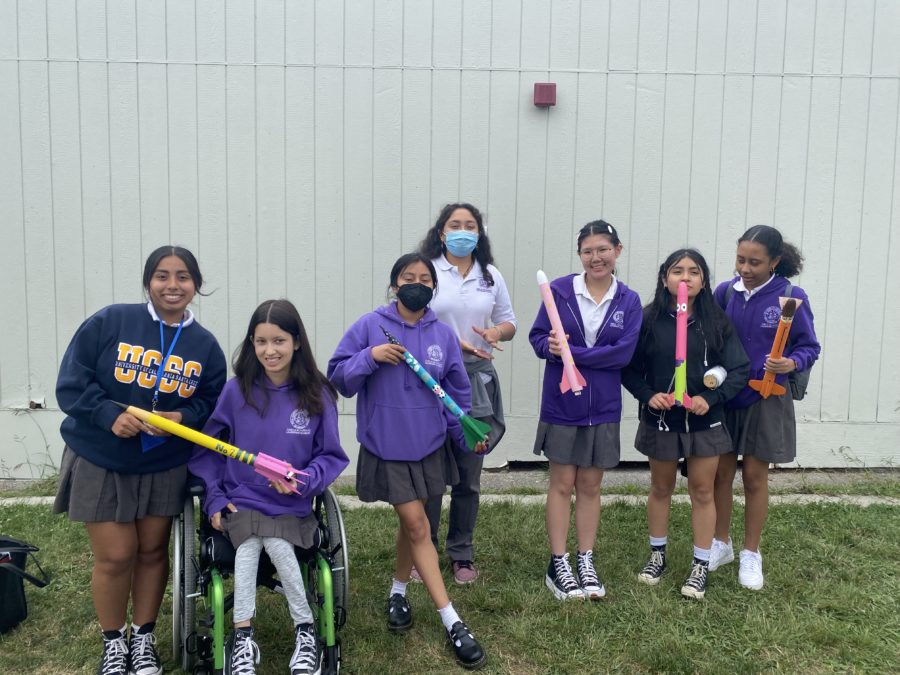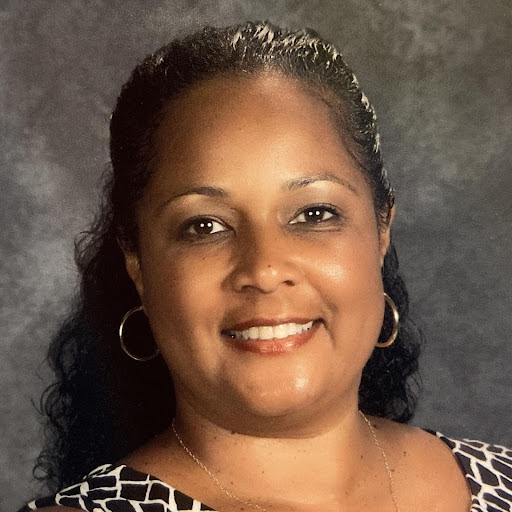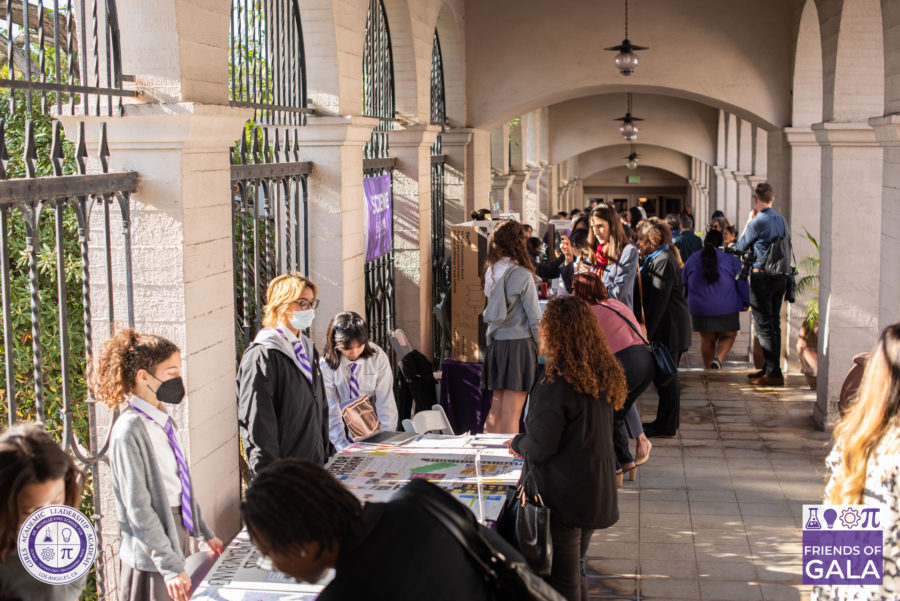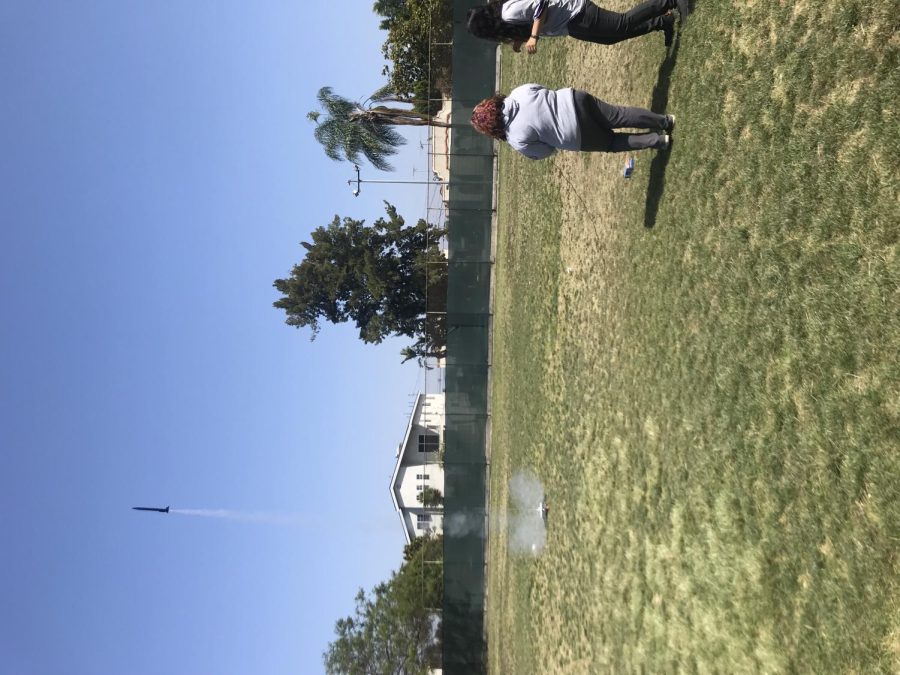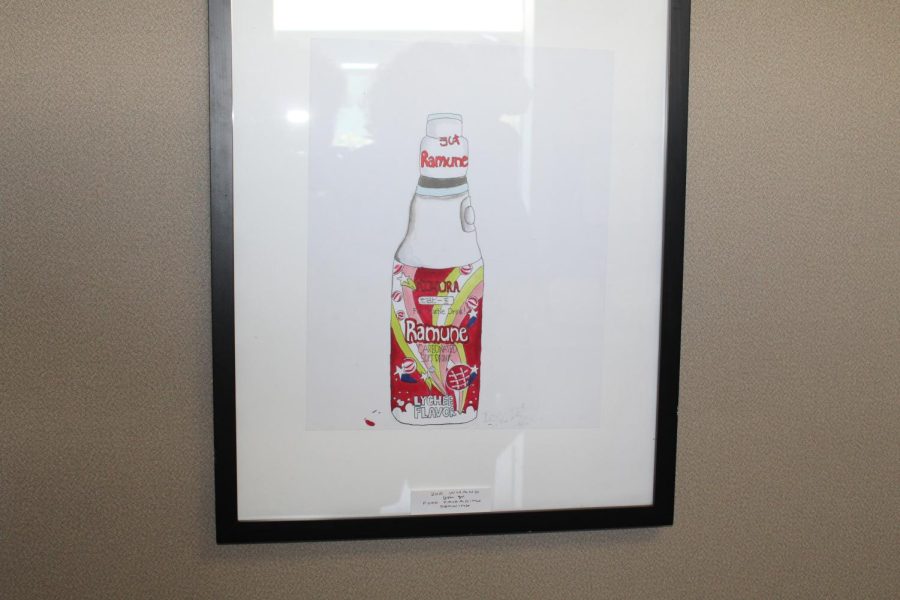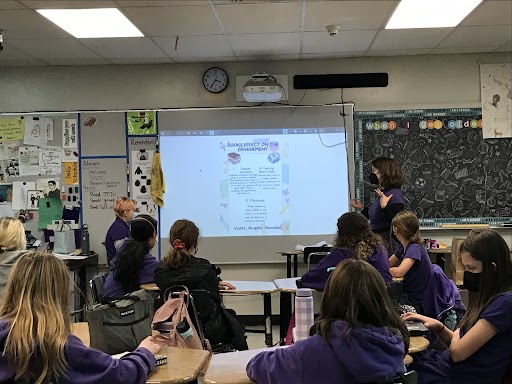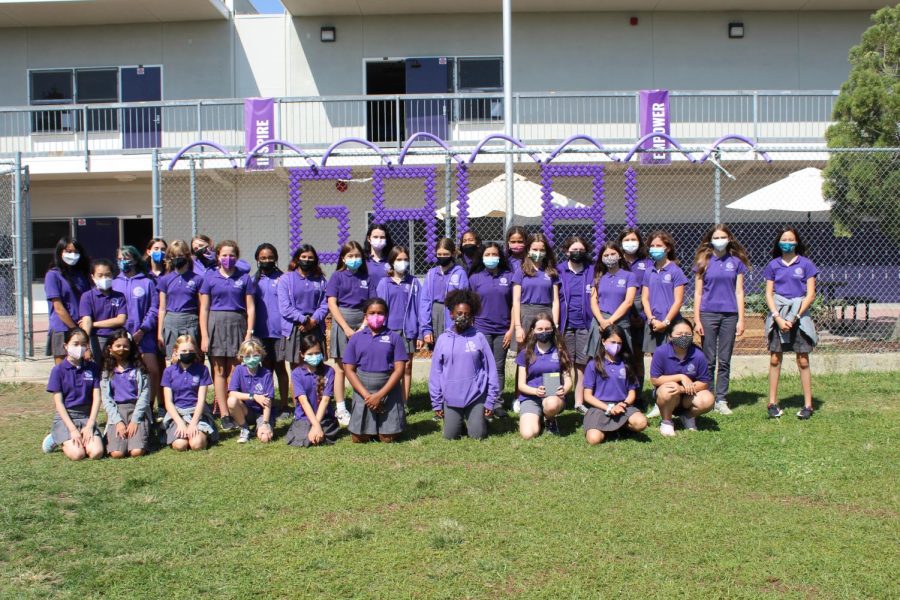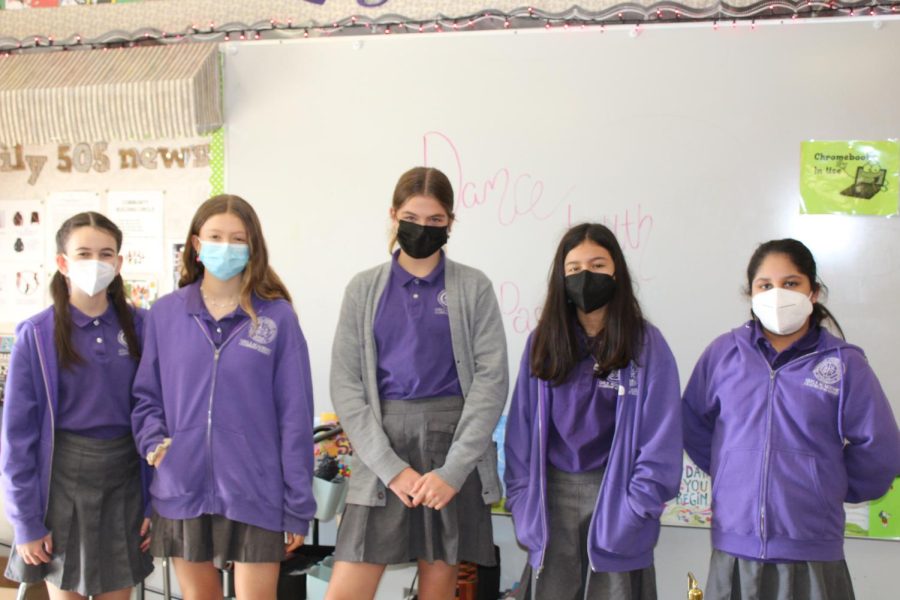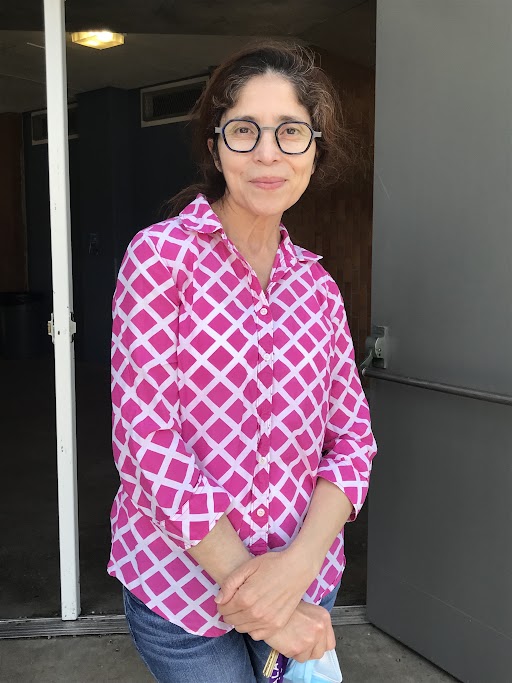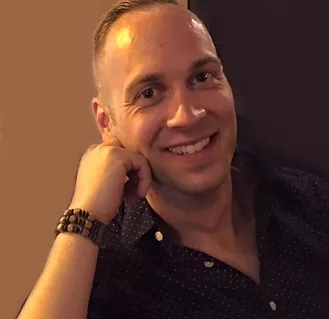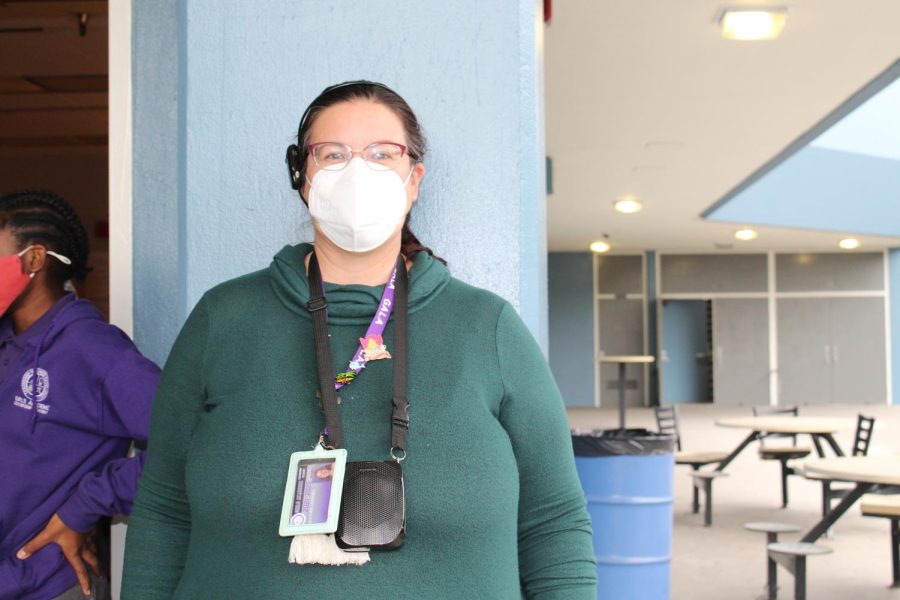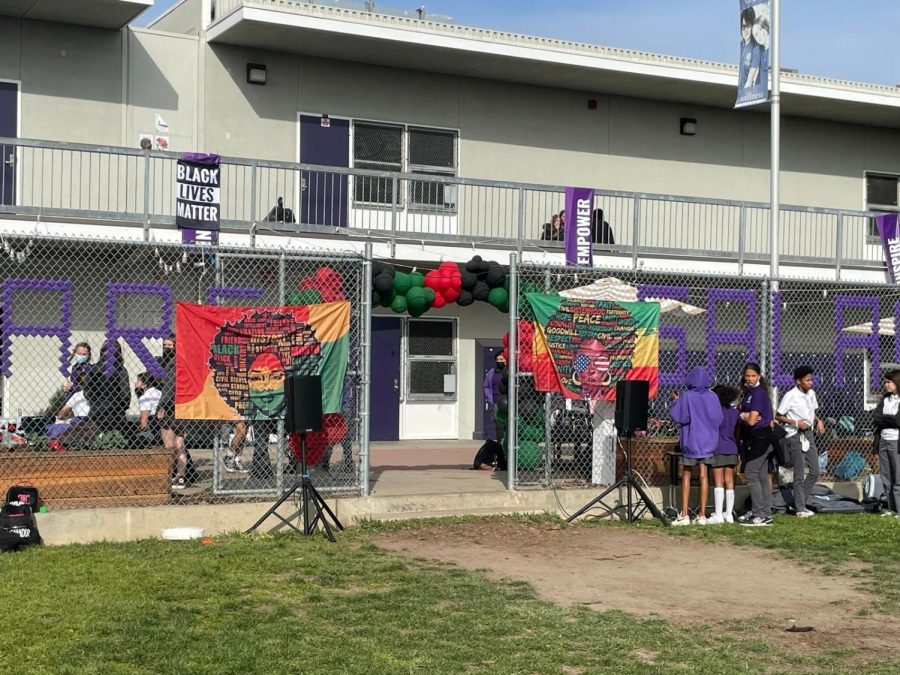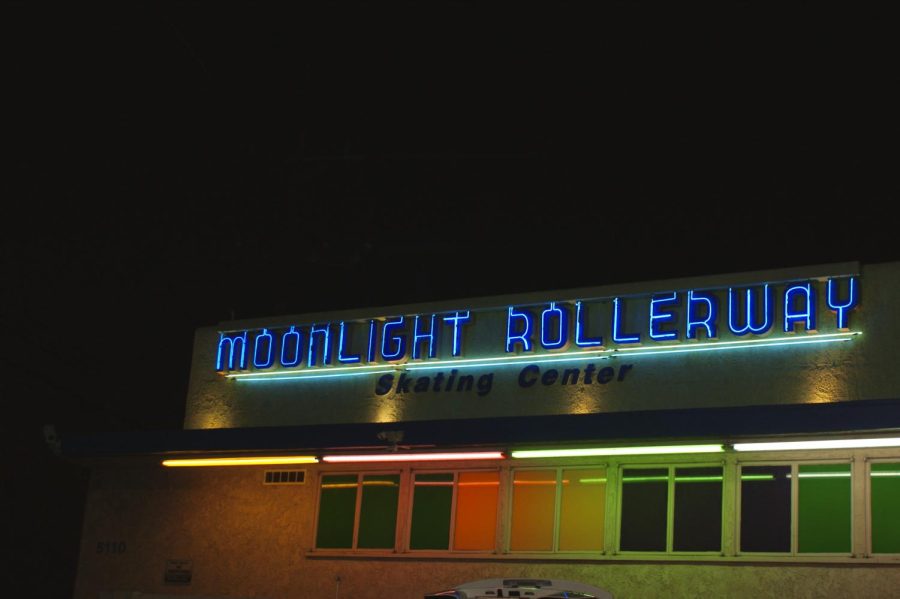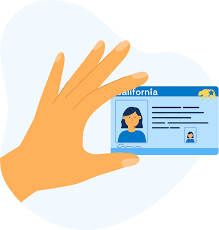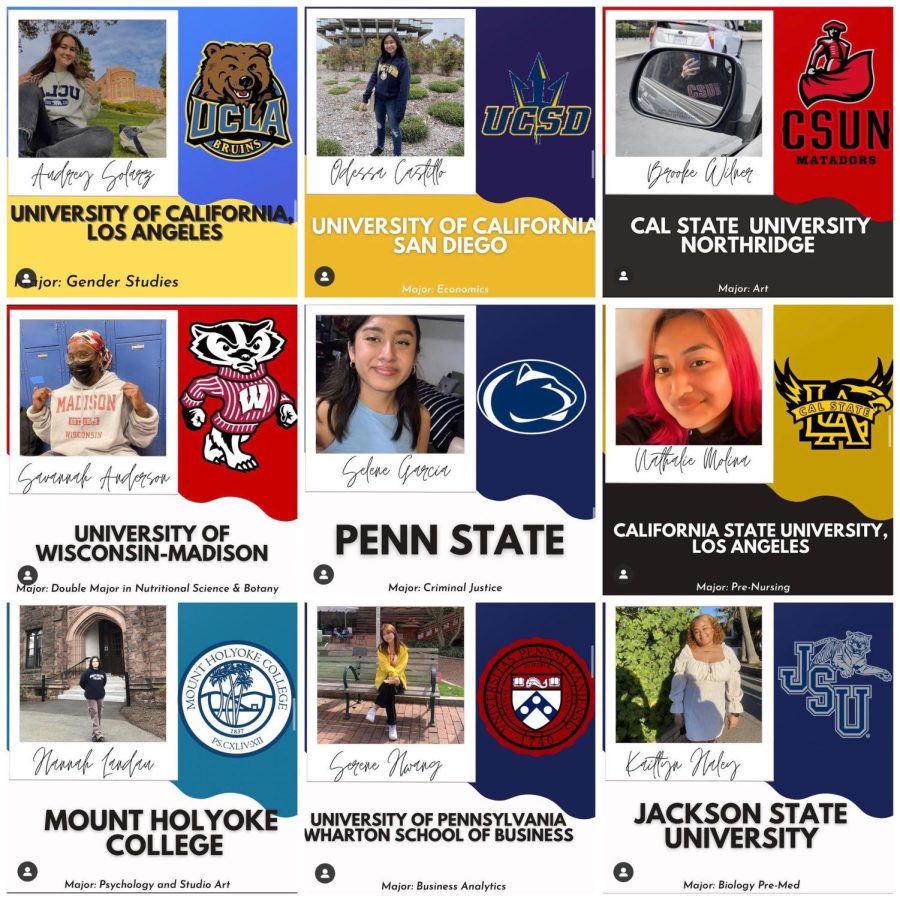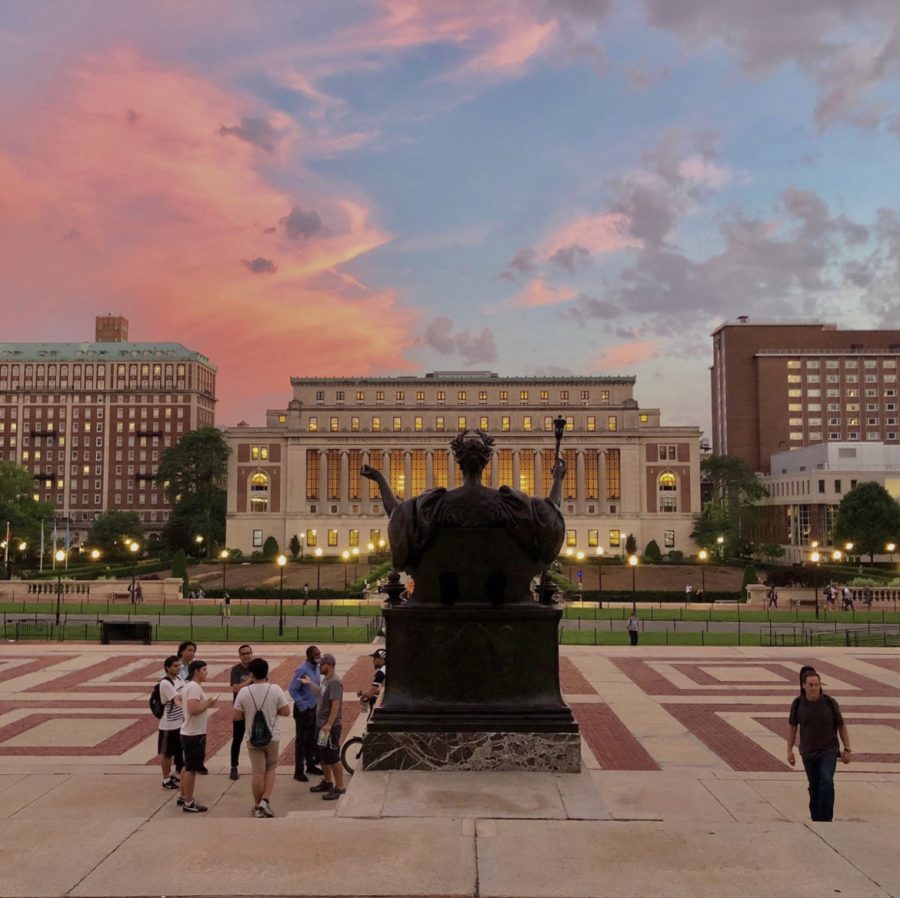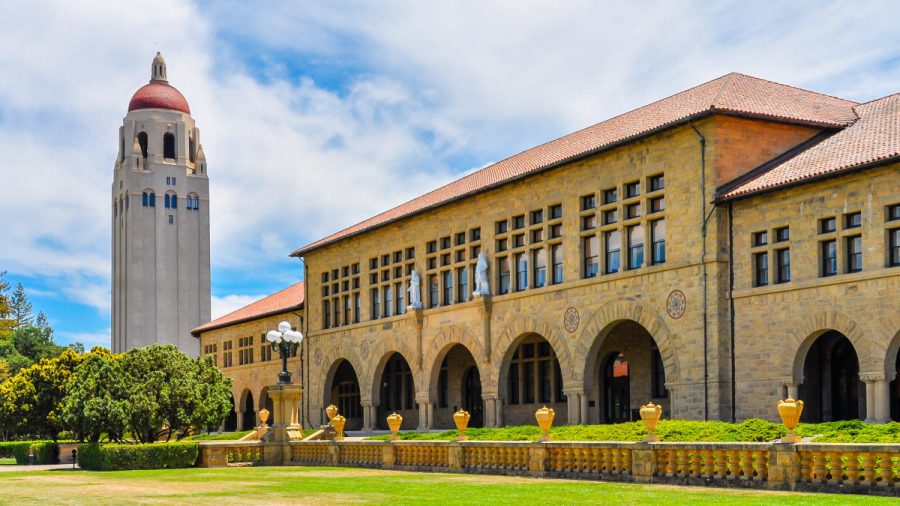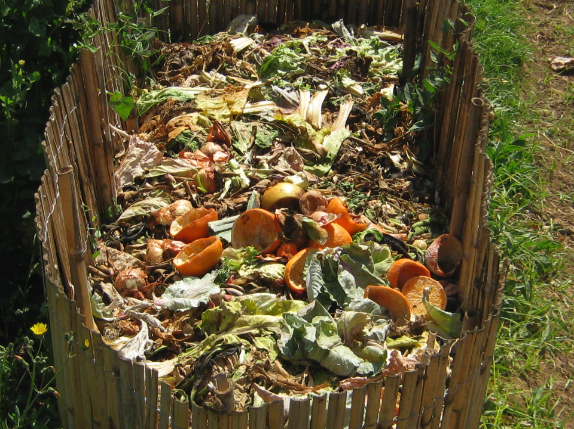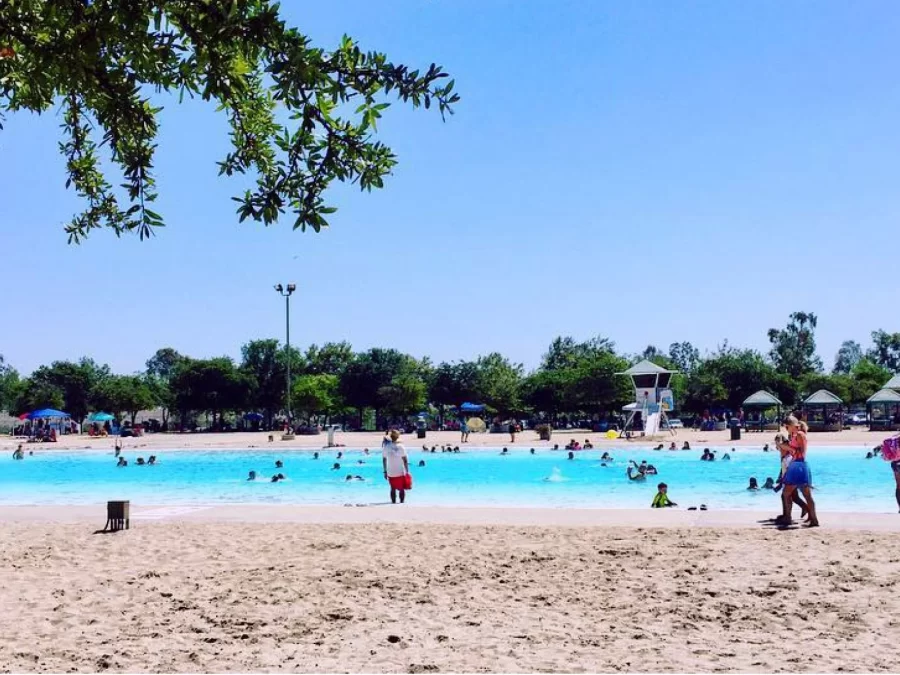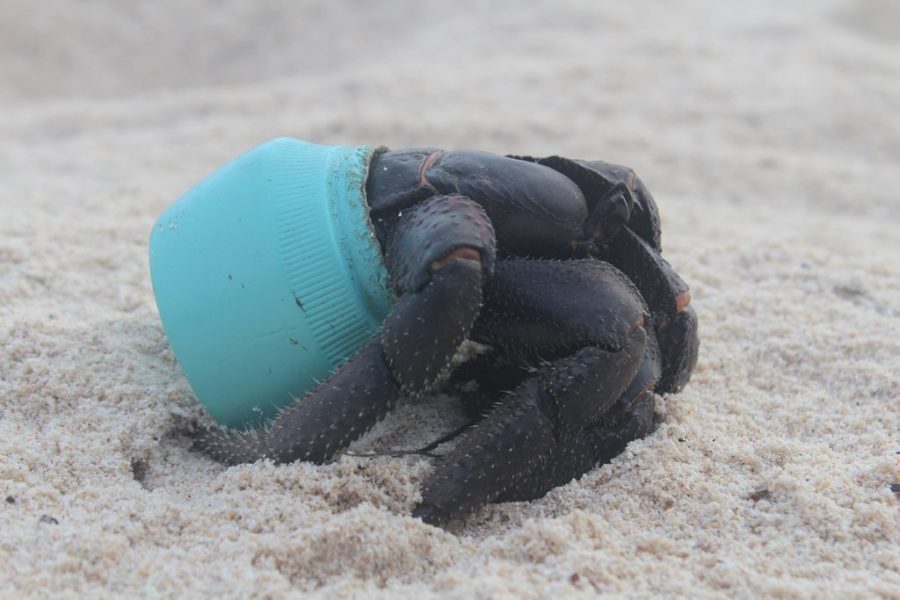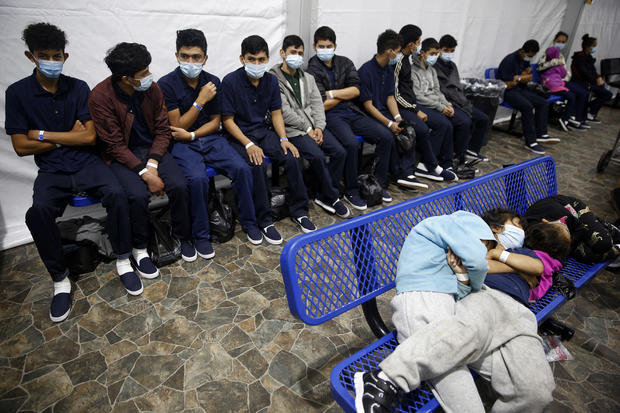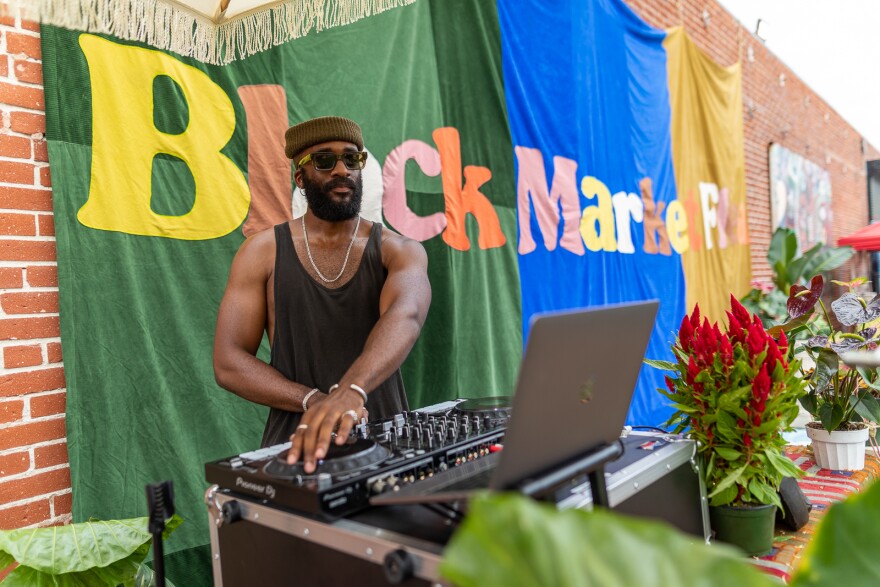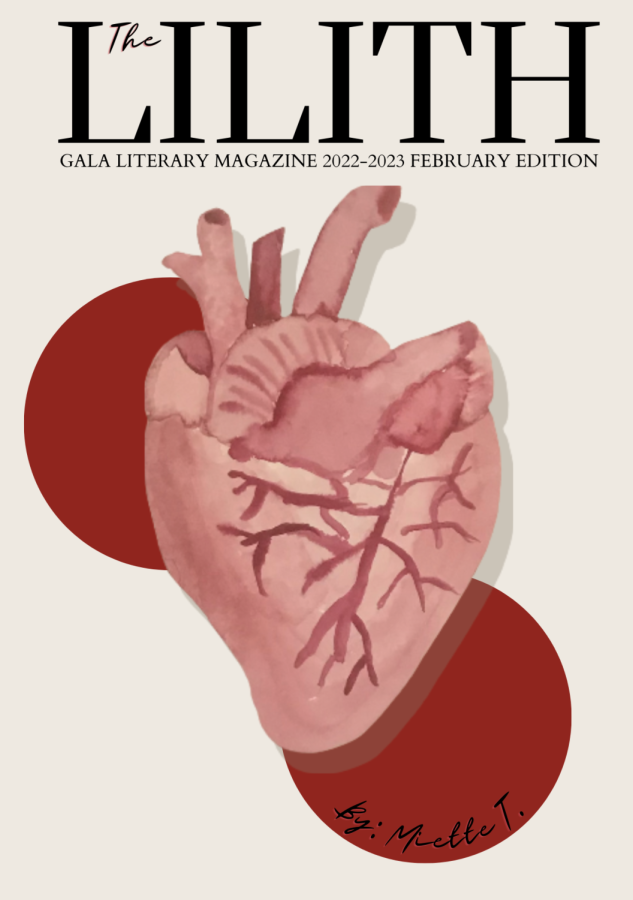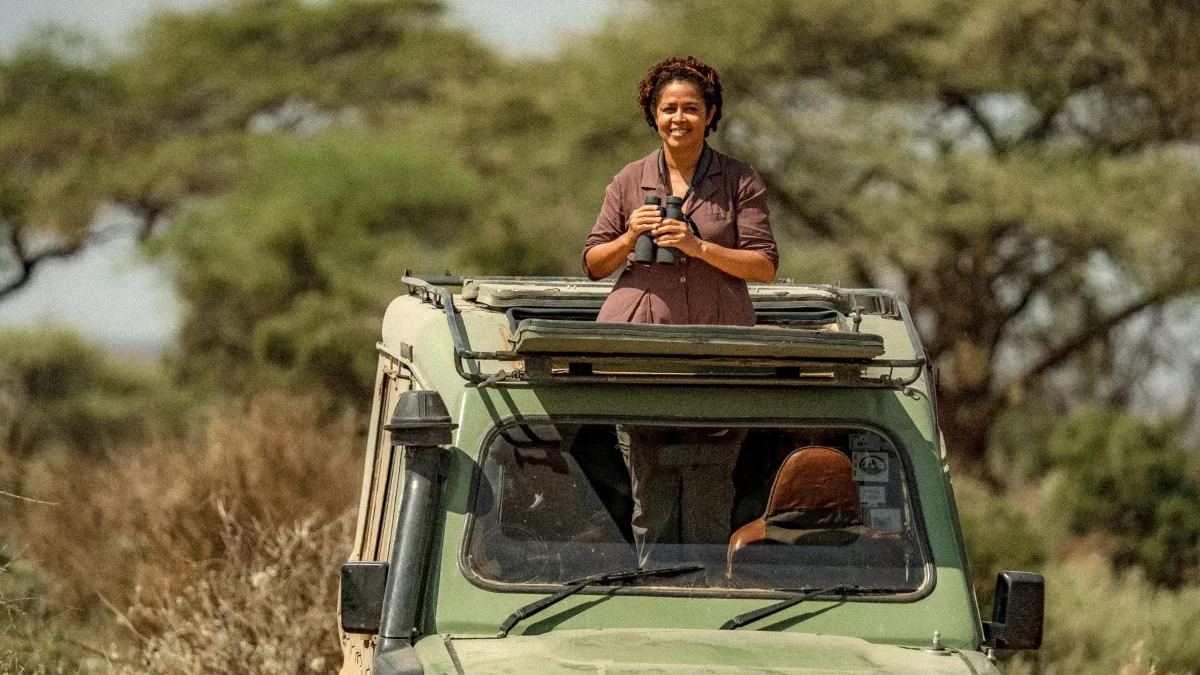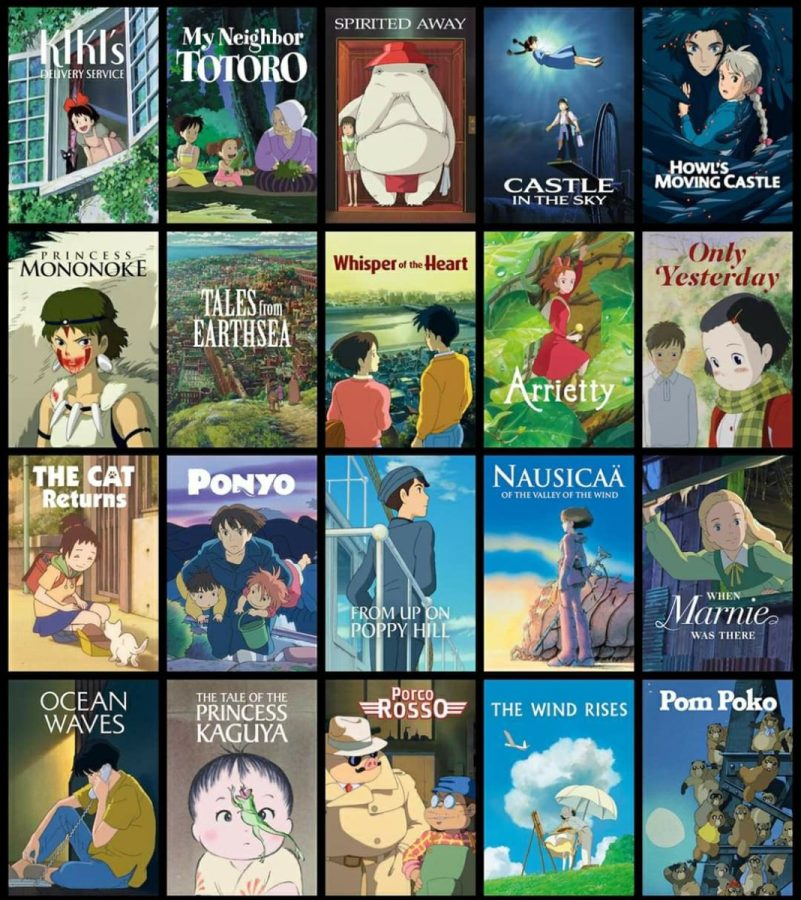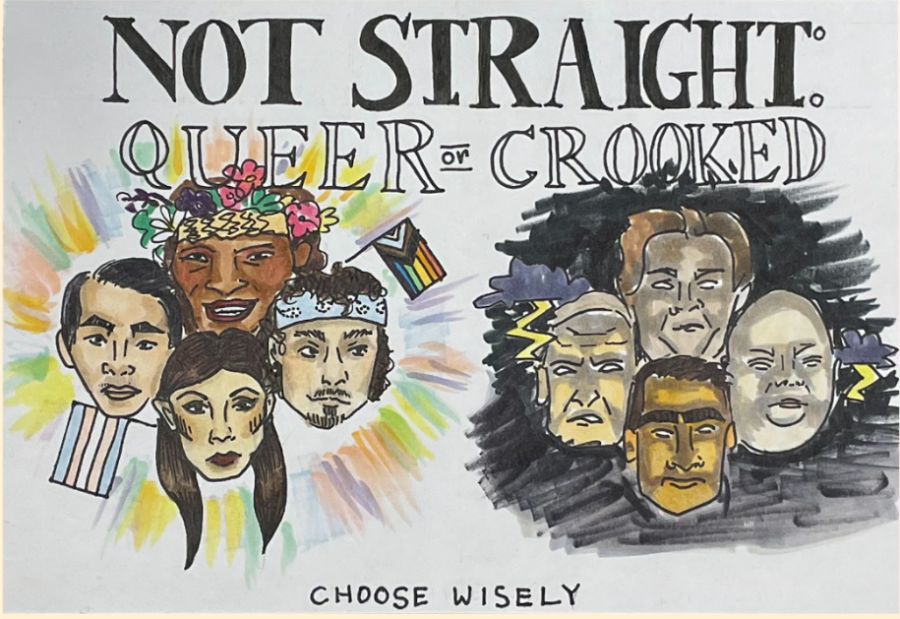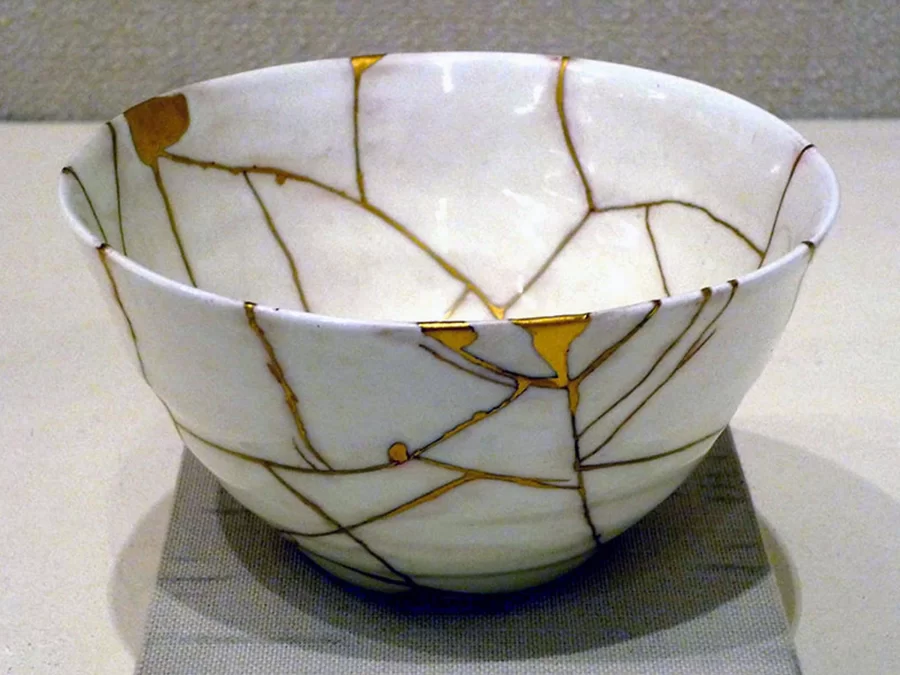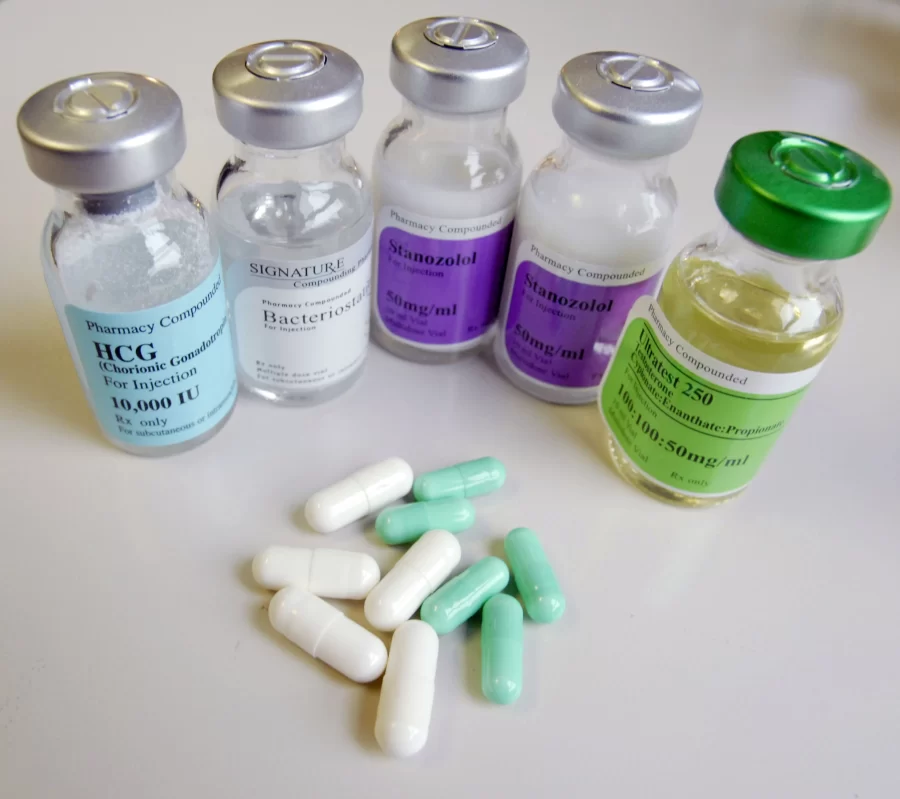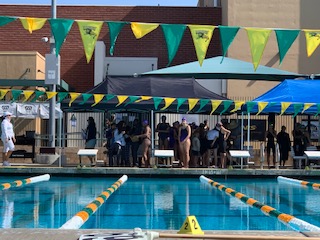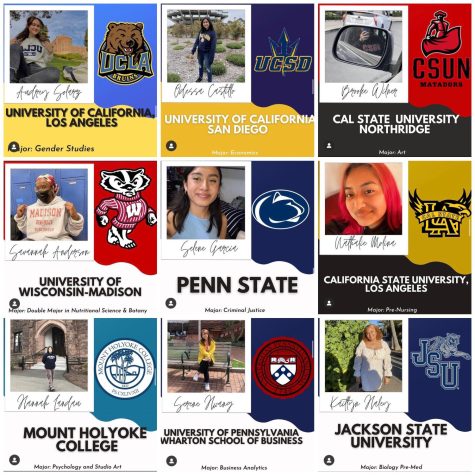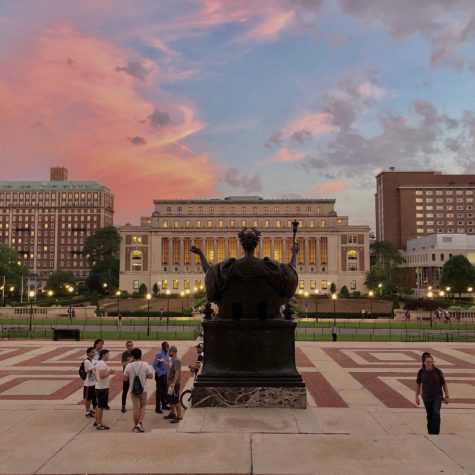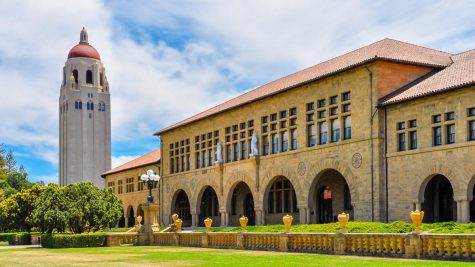Crucial Steps to Becoming a Doctor
Where It Starts: College
Although college is only the beginning of a doctor’s career, it’s still one of the most crucial steps to becoming a doctor. College includes all of the fundamental things that are needed if you expect to continue onto medical school, residency, and so forth. During a doctor’s college career, you will be expected to take a series of courses which together are entitled to a pre-medical, or pre-med, education. While you’re a pre-med student, you are expected to take the following classes as well as complete the associated laboratory work for each class:
- One year of each science
- General (inorganic)
- Chemistry
- Organic chemistry
- Physics
With this in mind, it’s also important to remember that medical schools prefer “older” candidates, people who have a lot of experience in science-related topics and/or activities. Whether that experience includes volunteering, clinical work, research experience, or shadowing, having extra experience will definitely be sufficient. But, those are just a few of the many options available. Of course, if you have more unique experiences, you should consider adding those to your resume.
While future doctors are in college, they will spend four years of their life dedicated and working hard to reach their goal, which is initially medical school.
A lot of that time in college will be spent studying for a test, which is crucial when it comes to getting into medical school. It’s called the Medical College Admissions Test, or as it’s more formally known, the MCAT. Although this is one of the many tests a doctor will take in their lifetime, it’s just as fundamental as the others. With approximately 100,000 students passing the assessment per year, more and more doctors are entering medical school, ready to start their training.
In order to pass this critical test, you need an average score of 472-528. Most students pass with a score of 500, which is calculated by adding up points via the different sections from the test. From there, pre-med students are ready to start their journey of basic medical training, which starts in medical school.
Medical School
Medical school is an advanced educational institution, which teaches medicine and guides hard-working students through four years of extensive professional training. “Medical school in the U.S. typically lasts four years but is generally followed by a residency and potentially a fellowship.”
(U.S.News.com, 2018). During your Medical School experience, you will discover that your education will be split in two.
The first two years are spent in the classroom, whilst the last two years are spent in clinical rotations, learning the concepts of certain specialties in your medical school’s hospital. All in all, those four years will be spent learning the fundamentals and basic concepts of medicine. During your clinical rotations, you will practice a variety of medical specialties, including Internal Medicine, Pediatrics, Surgery, Psychiatry, Family Medicine, Obstetrics, and Gynecology.
After your first two years of Medical School, you will be assigned to take the USMLE (United States Medical Licensing Examination), which initially assesses your ability to implement scientific ideas to the practice of medicine. Once a student finishes their last two years of Medical School, and they obtain their M.D. or D.O. degree, they primarily proceed to the next step of their training, which is residency.
Note: Although all medical schools provide the same necessary training and education, Harvard Medical School, Duke University, and Columbia University are currently the top schools in the United States for medical planning.
Residency
When you graduate medical school you get put into the National Resident Matching Program that best matches you with a residency program. NRMP matches the applicant with the program they most want and the program that most wants them.
When you start residency at a hospital you are officially a doctor! There are different fields of medicine you can go into and learn more about in residency. For example at Cedars-Sinai here in Los Angeles, they have General surgery, “Obstetrics and Gynecology, Orthopedics, Neurology, and Internal Medicine” (Cedars Sinai) and so many more. Cedars has over 300 residents in over 13 residency programs.
Doctor Ayaba Whorjoloh-Clemens, a doctor we interviewed, said that residency is so hard, but that you learn so much from it. “During their residency, doctors provide direct care. This includes diagnosing, managing, and treating health conditions. Doctors as well as senior residents in a medical facility supervise each resident. Junior residents generally start with more supervision and less complicated tasks” (WedMD.com, 2021.)
Note: The best residency programs in the U.S. are Johns Hopkins University hospital in Baltimore, Massachusetts; General Hospital in Boston, Bringham; Women’s Hospital in Boston; and New York Presbyterian hospital.
Interviews
We interviewed Dr. Ayaba Worjoloh-Clemens, M.D., an OB-GYN at the Everett Clinic in Everett, Washington.
Dr. Worjoloh-Clemens graduated from Stanford University for her undergrad degree and then went on to Duke University School of Medicine for medical school. She has worked as an OB-GYN for sixteen years.
We also interviewed Dr. Milton Little, M.D., an Orthopedic Trauma Surgeon at Cedars-Sinai Medical center, here in Los Angeles.
He graduated from Stanford University for undergrad, as well as the University of Michigan Medical School. After medical school, Dr. Little and his wife moved to New York City, where he was a resident at Hospital for Special Surgery.
Afterward, he did a fellowship in Seattle, Washington at Harborview medical center. He’s had medical experience for fourteen years now.
Dr. Worjoloh- Clemens, MD:
Is all the school and training worth it?
Dr. Worjoloh-Clemens: So many doctors are actually leaving medicine because of COVID and burnout, but yes, it is definitely worth it.
Dr. Little, MD:
Is all the training worth it?
Dr. Little: Yes!
What is your specialty?
Dr. Little: I am an attending orthopedic trauma surgeon at Cedars Sinai in Los Angeles.
Is residency and fellowship hard?
Dr. Little: Yes, but I got to work with two amazing doctors during my time in residency and you learn so much and meet so many people. It is definitely worth it because you just learn so much.
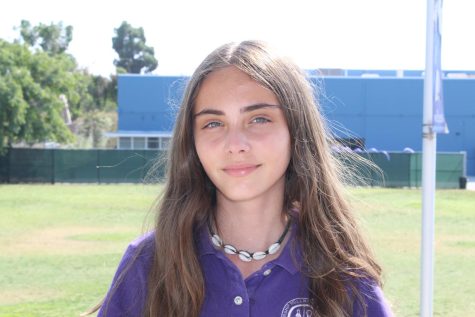
Grace is a 7th grader, and currently one of the photographers for The Echo. Outside of school, she enjoys playing tennis, reading, and watching movies....
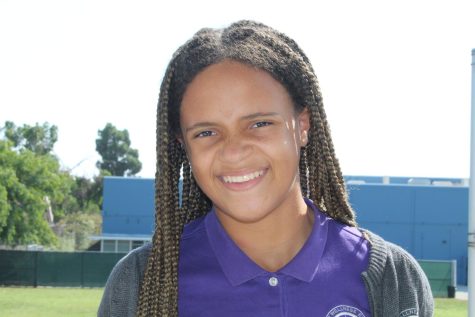
Makenna P. is the Advertising Director of the Literary Magazine. Makenna is 13 years old and is a 7th grader. Makenna loves hanging out with friends and...
